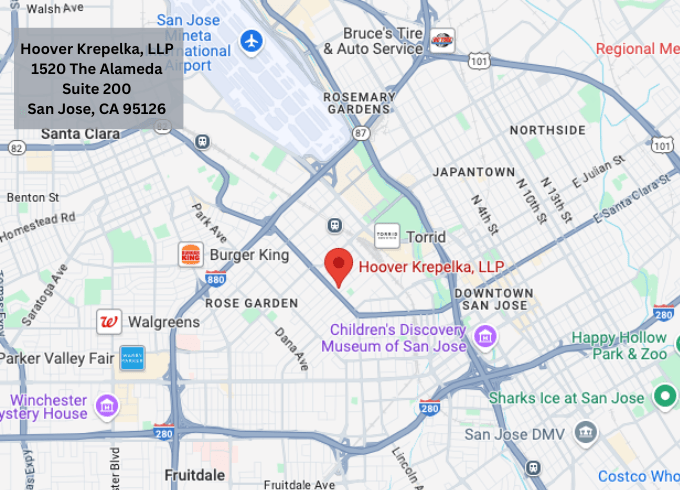If you’ve made more money than your spouse and are considering filing for divorce, brace yourself. You may be required to make alimony, also known as spousal support, payments. This includes spouses who worked while the other took care of the home. The payments are usually done monthly until:
- One of you dies or some other type of significant life event occurs:
- Your former spouse remarries
- The judge decides on a court date years into the future or if the judge decides enough time has passed for your spouse to be able to take care of themselves
- Your child no longer needs to be taken care of by a full-time parent.
State law has placed guidelines on how alimony payments are calculated but those calculations are dependent on the accuracy of the information provided to the court. It is recommended to meet with an experienced spousal support attorney to ensure your payments are being calculates accurately and fairly.
There are two types of spousal support: temporary and permanent support. Temporary support can be granted while the divorce is pending. Payment amounts are determined by county laws. After the division of property is settled, the court can then decide to end the temporary spousal support or order long-term support if necessary. There are 13 factors that determine where long-term support, also known as permanent spousal support, will be ordered by a California court. These include:
- duration of the marriage;
- the standard of living established during the marriage;
- any history of domestic violence;
- and other factors.
Should the circumstances surrounding your spouse change such as them remarrying or getting a job, it is possible to petition the court to change the spousal support agreement. Before doing so, however, make sure to speak to a spousal support lawyer knowledgeable in spousal support law to advise you accordingly. The spousal support lawyers at [nap_names id=”FIRM-NAME-1″] are prepared to give you appropriate counsel regarding your alimony case.






